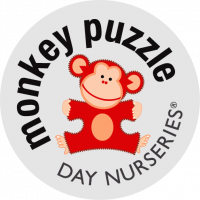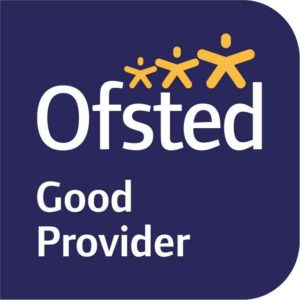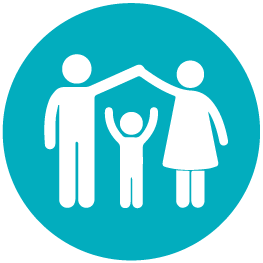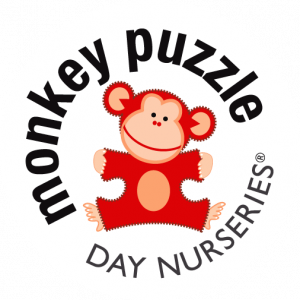At Monkey Puzzle Day Nurseries our approach to your child’s development starts with the Early Years Foundation Stage (EYFS) curriculum and goes way further to help your child make the most of their time at nursery and prepare them for the journey ahead.
Your child will learn through the magic of play, supported by trained staff who have a passion for providing memorable learning experiences with expertise in the specific areas of building children’s communication and language, supporting physical development, and crucial emotional development too. We extend these prime areas with activities and an environment that promotes exploration in literacy, mathematics, understanding the world, and expressive arts and design. Our curriculum is not confined to four walls and you’ll find learning lives in every space including the outdoors, and the world around us.
Staff carefully devote their time actively caring for and playing with the children and supporting the whole group routine with welcoming the children, circle times, nappy changing and toilet training, meal times, and saying farewell at the end of nursery day. During this time they are constantly carrying out observations spotting those developmental milestones and subtle changes in a child’s interests ready to record and share in your child’s Learning Journey.
We capture and share your child’s development through our Famly app, updating the Learning Journey with observations that detail the activities your child takes part in by capturing the moment in both written word and photograph. This begins from the moment your child begins their journey at our nurseries and stays with them until they leave at which point all of this information can be shared with their new school or wherever else your child is taking there next steps. You have access to your child’s Learning Journey and are more than welcome to take a peek inside anytime, you will also be given plenty of opportunities to learn more about how your child spends their day at the nursery’s parents evenings and other events.
Babies curriculum
Your child will learn through our own curriculum that focuses on the magic of play, supported by trained staff who have a passion for providing memorable learning experiences with expertise in the specific areas of the EYFS that your child will need to develop and progress through their infancy. Building your child’s communication and language, supporting their physical development, and boosting their emotional development too.
Tweenies curriculum
Your child will learn through our own curriculum that focuses on the magic of play. At this age, your child will experience greater opportunities to explore expressive art and design, literacy, mathematics, and understanding the world, beginning to build their foundations for future learning. We don’t restrict our learning to staying indoors and the children will often spend time exploring the spaces outside, on trips out into the local community and learning about the world around them.
Toddler curriculum
Your child will learn through our own curriculum that focuses on the magic of play, supported by trained staff who have a passion for providing memorable learning experiences with expertise in the EYFS and child development. At this age your child will experience greater opportunities to explore expressive art and design, literacy, mathematics, and understanding the world. Our curriculum is not confined to four walls and you’ll find learning lives in every space including the outdoors, and the world around us.
Preschool curriculum
Your child will learn through our own curriculum that focuses on the magic of play, supported by trained staff who have a passion for providing memorable learning experiences with expertise in the EYFS and child development. At this age your child will experience a full range of learning activities to prepare them for life at this age and beyond. They will be guided in understanding the world, create expressive art and design masterpieces, and be immersed in an environment full of literacy and mathematics. Our curriculum is not confined to four walls and you’ll find learning lives in every space including the outdoors, and the world around us.







